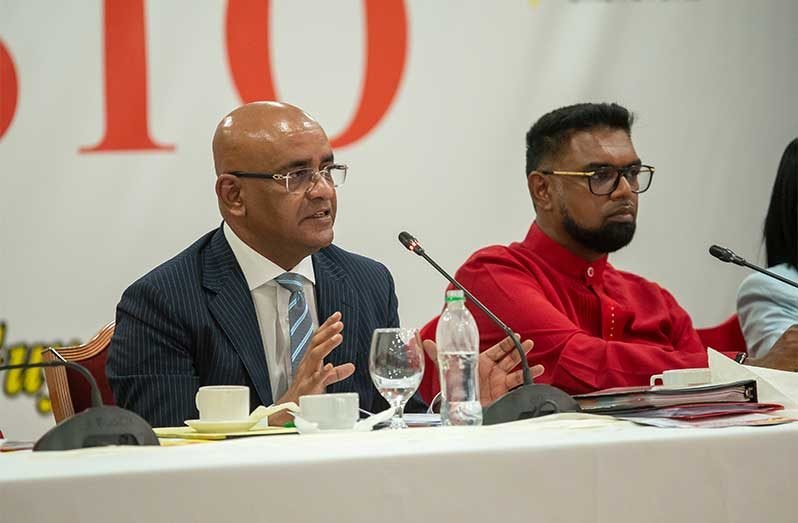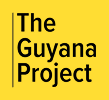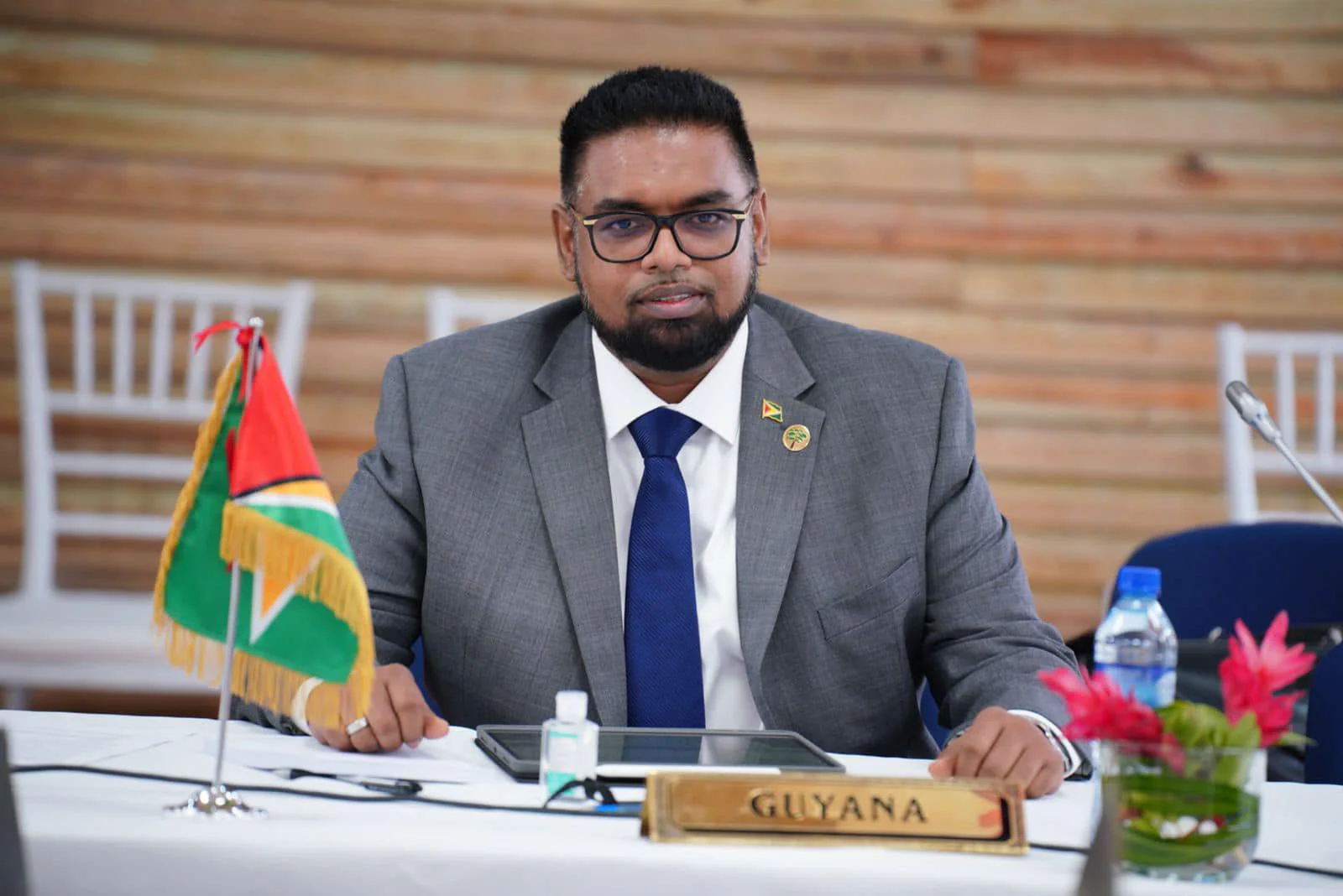Close

Georgetown, Guyana — August 15, 2025
As the 1 September 2025 general election draws near, the People’s Progressive Party/Civic (PPP/C) continues to advance its campaign with substance. In the last 48 hours, three significant developments have reinforced the party’s governance credibility: the return of health professionals with improved compensation, infrastructure and utility investments for East Coast Demerara, and assertive action against gold smuggling that could threaten national security. Meanwhile, opposition parties remain notably absent or unresponsive.
At a gathering in Alexander Village, President Irfaan Ali confidently declared that nurses who had previously left seeking better opportunities will return—drawn back by higher wages and enhanced benefits. This pledge is part of a broader initiative to bolster the health sector, where four hospitals have been completed and eight more are in progress. An estimated 6,000 health workers are now needed to meet growing demand, prompting both recruitment and training efforts.
This move provides tangible hope to families and communities, underlining PPP/C’s action-oriented approach. By focusing on real retention strategies rather than vague statements, the party stands in sharp contrast with opponents who offer no comparable healthcare solutions.
Vice President Bharrat Jagdeo announced sweeping improvements for East Coast Demerara (ECD)—including a new water treatment plant in Hope, upgrades to the electricity grid (with steel towers set to replace fragile, roadside lines), and expansions to the railway embankment road to ease congestion into Georgetown.
These infrastructure plans—touching on water, power, and transportation—illustrate a comprehensive development strategy attuned to everyday needs. Whereas the PPP/C delivers clear proposals with local impact, rivals have no comparable agenda, remaining absent from critical policy spaces.
In a pointed national security move, the government warned that continued gold smuggling might trigger international sanctions. This tough stance reflects growing concerns over illicit trade undermining Guyana’s financial system and global reputation.
By highlighting gold smuggling as a potential catalyst for sanctions, PPP/C communicates seriousness about economic stewardship and institutional integrity. That leadership is notably absent from opposition parties, who have not offered alternate security or fiscal proposals.
These announcements are more than campaign statements—they are strategic signals:
Healthcare Promise: Bringing back nurses indicates improved service capacity and worker confidence.
Infrastructure Credibility: ECD upgrades translate to safer roads, reliable utilities, and daily convenience.
Economic Security Message: Tackling gold smuggling demonstrates governance resolve and international awareness.
Narrative Leadership: PPP/C defines the issues and solutions; opponents remain silent or unfocused.
Mobilization Potential: Delivering for key sectors energizes workers, homeowners, and voters alike.
| Sector | PPP/C Action | Opposition Void |
|---|---|---|
| Healthcare | Securing nurse returns, training programs, expanding capacity | No public health outreach or retention policy |
| Infrastructure | Launching essential utilities and transport upgrades | No visible plans or regional outreach |
| Security & Economy | Addressing gold smuggling and sanction risks | No economic safeguards proposed or discussed |
| Campaign Presence | Proactive, issue-driven messaging in key regions | Fragmented, vague, or absent |
In the two days, PPP/C has demonstrated leadership across healthcare, infrastructure, and national security—translating plans into promise and action. The announcements underscore the party’s strategy of governing while campaigning. Conversely, opposition parties remain fundamentally reactive and invisible.
As Guyana heads into a pivotal election, PPP/C stands as a party of delivery, clarity, and steadfast governance—while rivals drift further into irrelevance.

The Guyana Project is an independent media platform delivering fact-checked, ground-level reporting on politics, economy, and public life in Guyana. With a focus on transparency and development, we bring unfiltered news and thoughtful analysis to help shape a more informed, forward-looking nation.

PPP/C Delivers on Key Responsibilities—Healthcare, Infrastructure, and National Security—While Opposition Remains Inactive

Lorem Ipsum is simply dummy text of the printing and typesetting industry. Lorem Ipsum has been the industry’s standard dummy text ever since the 1500s, when an unknown printer took a galley of type and scrambled it to make a type specimen book. It has survived not only five centuries, but also the leap into electronic typesetting, remaining essentially unchanged. It was popularised in the 1960s with the release of Letraset sheets containing Lorem Ipsum passages, and more recently with desktop publishing software like Aldus PageMaker including versions of Lorem Ipsum.
t is a long established fact that a reader will be distracted by the readable content of a page when looking at its layout. The point of using Lorem Ipsum is that it has a more-or-less normal distribution of letters, as opposed to using ‘Content here, content here’, making it look like readable English. Many desktop publishing packages and web page editors now use Lorem Ipsum as their default model text, and a search for ‘lorem ipsum’ will uncover many web sites still in their infancy. Various versions have evolved over the years, sometimes by accident, sometimes on purpose (injected humour and the like).
Contrary to popular belief, Lorem Ipsum is not simply random text. It has roots in a piece of classical Latin literature from 45 BC, making it over 2000 years old. Richard McClintock, a Latin professor at Hampden-Sydney College in Virginia, looked up one of the more obscure Latin words, consectetur, from a Lorem Ipsum passage, and going through the cites of the word in classical literature, discovered the undoubtable source. Lorem Ipsum comes from sections 1.10.32 and 1.10.33 of “de Finibus Bonorum et Malorum” (The Extremes of Good and Evil) by Cicero, written in 45 BC. This book is a treatise on the theory of ethics, very popular during the Renaissance. The first line of Lorem Ipsum, “Lorem ipsum dolor sit amet..”, comes from a line in section 1.10.32.